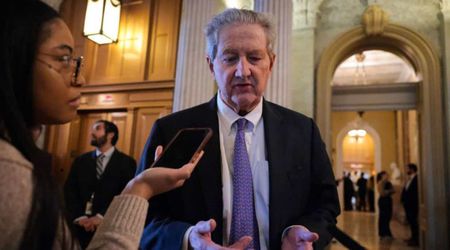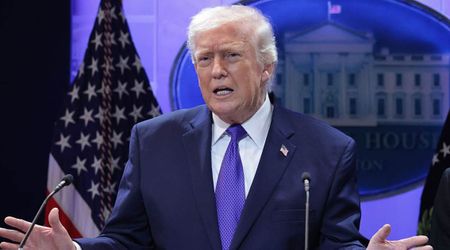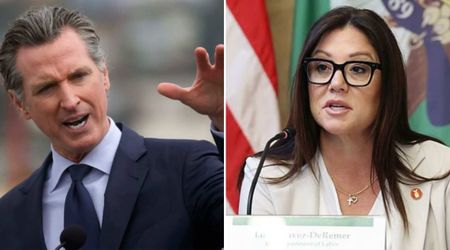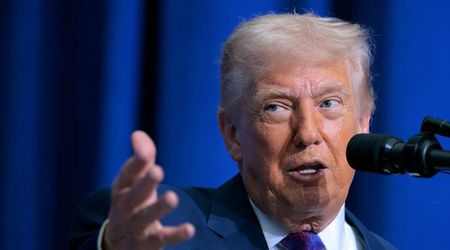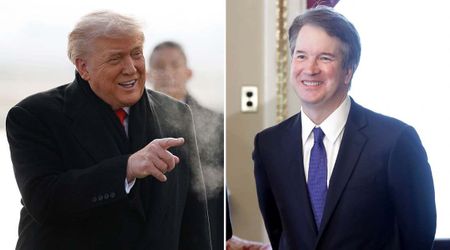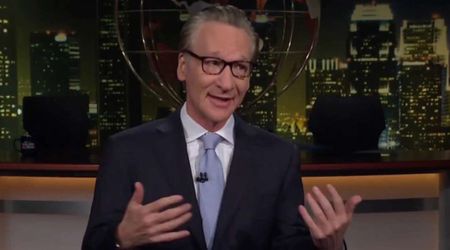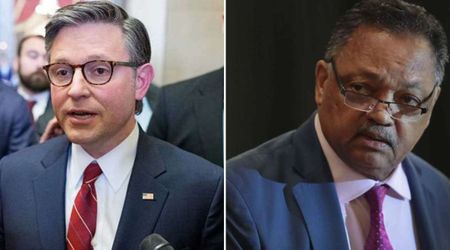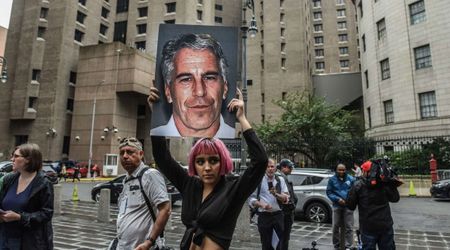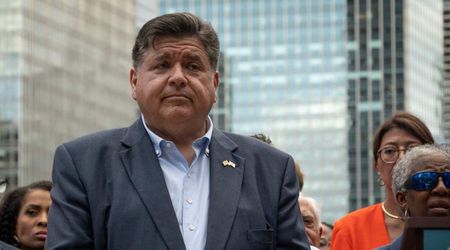A lesson for Biden opposers: Here's what happened last time Democrats made an eleventh-hour change
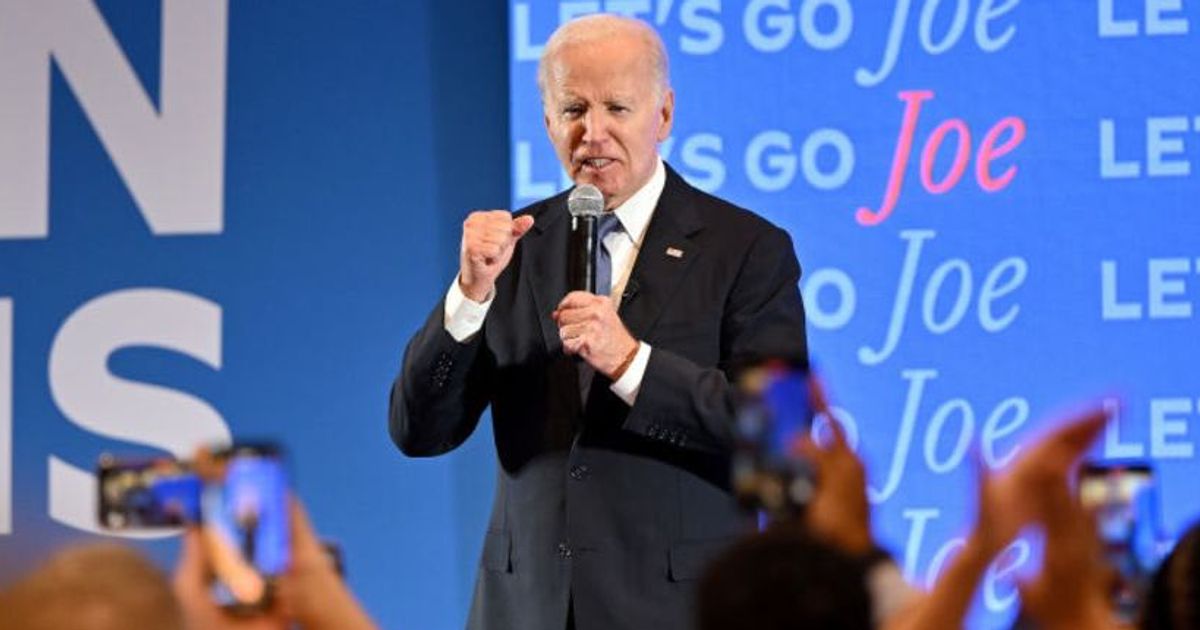
WASHINGTON, DC: Following President Joe Biden's lackluster performance in the first presidential debate of the 2024 election cycle, the 81-year-old incumbent has been facing pressure from fellow Democrats to drop out of the reelection race and allow a younger, more charismatic candidate to take his place.
However, with less than 130 days left before Election Day, Biden abruptly stepping aside could throw a wrench in the party’s reelection prospects and facilitate former President Donald Trump's chances of securing a second term, as per AlterNet.
During a recent conversation, The New York Times columnists Jamelle Bouie, Michelle Goldberg, Patrick Healy, and Bret Stephens, went over the possible scenarios in case Biden ends his campaign and an open Democratic National Convention is set in motion.
Goldberg, Healy, and Stephens agreed that the sitting POTUS is a weak general election candidate given his dismal performance in the first presidential debate and wanted him replaced come November.
Meanwhile, Bouie reminded his peers that if their objective was to keep Democrats in the White House, dropping Biden from the ballot might be a disaster in the making.

Richard Nixon won by a landslide when George McGovern was pushed to replace his VP pick
Healy questioned Bouie on the "downsides" of replacing Biden, and the columnist referenced previous incidents to argue why it would be politically unsound to do so.
Bouie contended, "First, in the same way that [1972 Democratic presidential nominee] George McGovern’s decision to replace [Vice Presidential nominee] Thomas Eagleton vindicated Richard Nixon’s argument that the Democrats were in too much disarray to trust with the presidency, a Biden decision to leave the race at this late stage vindicates the Republican argument, deployed during the debate, that the United States under Biden is unstable and insecure."
He continued, "Consider, as well, the pressure for Biden not just to leave the race but to leave the presidency as well. It does not make sense to say, 'Joe Biden is not so enfeebled that he cannot be president but is enfeebled enough that he cannot run for re-election.' There will be calls for him to retire outright."
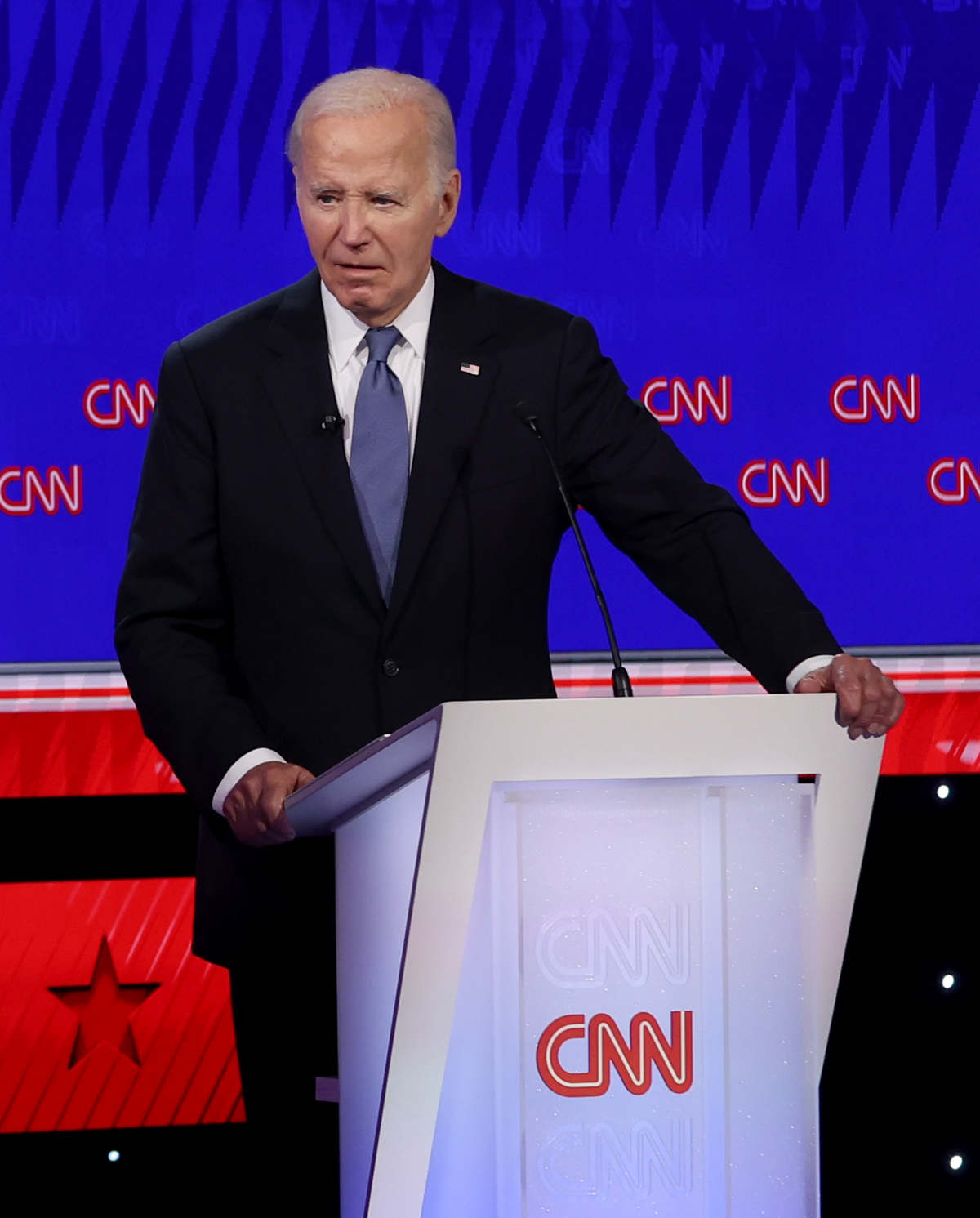
The controversy surrounding the 1972 ticket of McGovern-Eagleton is believed to be what led to President Richard Nixon's reelection.
When it was revealed that Thomas Eagleton had previously undergone electroshock therapy for clinical depression, Democrats feared that McGovern's prospects of winning the presidency would suffer.
They urged him to consider choosing another running mate, even though Eagleton had already been officially nominated at the 1972 Democratic convention just two weeks earlier.
SFGate reported that despite McGovern's declaration of unwavering support for Eagleton, and notwithstanding a TIME magazine poll indicating that 77% of respondents claimed Eagleton's medical history would not impact their vote, Eagleton was replaced just 18 days after joining the ticket.
Former US Ambassador to France Sargent Shriver was selected as the new running mate.

Subsequently, McGovern lost to Nixon in a historic landslide, with the latter securing 520 Electoral College votes and winning the popular vote by approximately 18 million ballots.
Nixon later became embroiled in the Watergate scandal and became the first US president to resign from office.
Could Kamala Harris plausibly replace Joe Biden?
The NYTimes columnist also discussed the potential impact of Vice President Kamala Harris on the election if Biden were to withdraw from the 2024 race.
When Stephens brought up VP Harris' low approval ratings, Bouie argued that her public perception was largely influenced by her association with Biden, whose national and swing state polls continue to yield unsatisfactory results.

He further contended that Harris had the opportunity to improve her standing among voters and emphasized that Democrats should fairly consider her as a nominee should Biden exit the race, especially considering the potential backlash from Black voters.
"[T]he argument I am skeptical of is that choosing a different person to be the standard-bearer of the Biden administration would produce a notably different outcome," argued Bouie, adding, "So under that scenario, you have the downside of the status quo plus the tail risk of someone who may not actually have the chops to compete on the national stage. (Everyone remembers the hype behind Ron DeSantis?)"
He remarked, "Again, people can run with this, but much like a fast food hamburger, it may look better in your imagination than it does on the plate."

